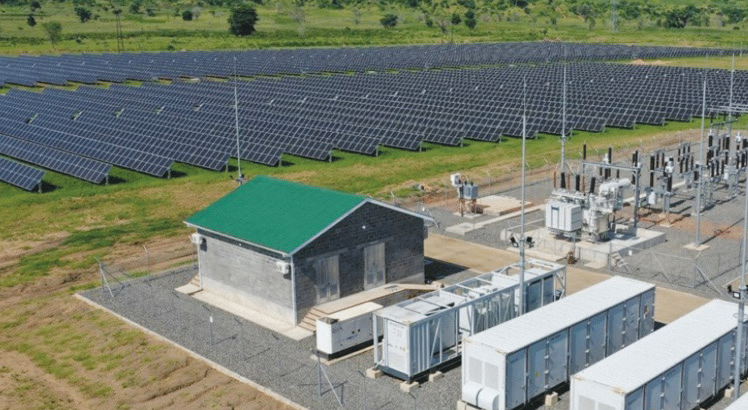Growing fears over power supply targets
Energy expert Grain Malunga says government’s decision to dissolve Power Market Limited (PML) and transfer the single buyer licence to Electricity Supply Corporation of Malawi (Escom) will affect power supply targets in the sector.
In a written response, he said the decision will slow down the participation of independent power producers (IPPs) as all negotiated projects may go back to the drawing board.

Malunga said: “It’s one step backward in the sense that there was a reason for disbanding Escom. Power sector reforms were backed by law and this means revisiting those laws and regulations.
“Future aid conditions need to be negotiated without reservations to avoid what has happened. Energy development will be affected and milestones set to meet certain power supply targets will be affected.”
PML was set up as an independent entity to operationalise the single buyer function within electricity supply chain
PML’s formation followed broader government reforms initiated in 2003 and came to fruition in 2015 with support from the compact between government and Millennium Challenge Corporation (MCC) worth $350 million.
The reforms culminated in the Electricity Amendment Act 2016.
PML was incorporated on June 25 2018 and was granted a single buyer licence by Mera in December 2020.
United States Embassy public affairs officer Namita Biggins refused to comment on the matter, saying government was better placed to do so.
Ministry of Energy officials were yet to get back to us by the time we went to press about 30m yesterday.
However, Escom public relations officer Peter Kanjere said following the dissolution of PML, they expect a lower than the current 99 percent tariff hike which they will be asking from the regulator, pointing out that the earlier proposed tariff increase was for Escom, Electricity Generation Company of Malawi and PML.
He said: “The dissolution of PML will result in reduced tariff quantum, which will be known when a revised tariff application is done as recommended by the regulator.”
On his part, immediate-past Escom board chairperson Frederick Changaya observed that with 300 megawatts, having three companies in the power supply value system and the regulator was costly.
“Even the premise on which the creation of PML was based is wrong. They claimed it was to give confidence to IPPs. But everybody knew why Escom then was struggling to pay. Corruption. Period.”
Malawi Energy Regularity Authority consumer affairs and public relations manager Fitina Khonje said Ministry of Energy was better-placed to comment.
In August last year, Escom and PML submitted the proposed tariff hike upon expiry of the 2018-2022 base tariff schedule.
The proposed 99 percent hike according to the two parastatals was thus meant to cover another four year period from 2023 to 2026.
By 2024, Escom expects to add 11 IPPs who will cumulatively cintribute 343.26MW to the national grid.





